 Politics
PoliticsRobert F. Kennedy Jr. Sparks Public Health Debate After He Dismisses Entire CDC Vaccine Committee
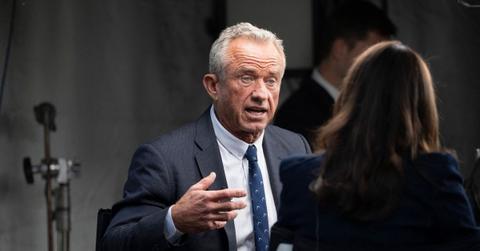
Robert F. Kennedy Jr. dismissed all 17 members of the CDC's vaccine committee, fueling concerns over the future of U.S. public health policy.
June 15 2025, Published 3:07 p.m. ET
Health and Human Services Secretary Robert F. Kennedy Jr. has removed all 17 members of the Centers for Disease Control and Prevention's (CDC) Advisory Committee on Immunization Practices (ACIP).
The announcement, made June 9, marked a major shift in federal vaccine policy and has stirred both praise and alarm across the medical and political landscape.
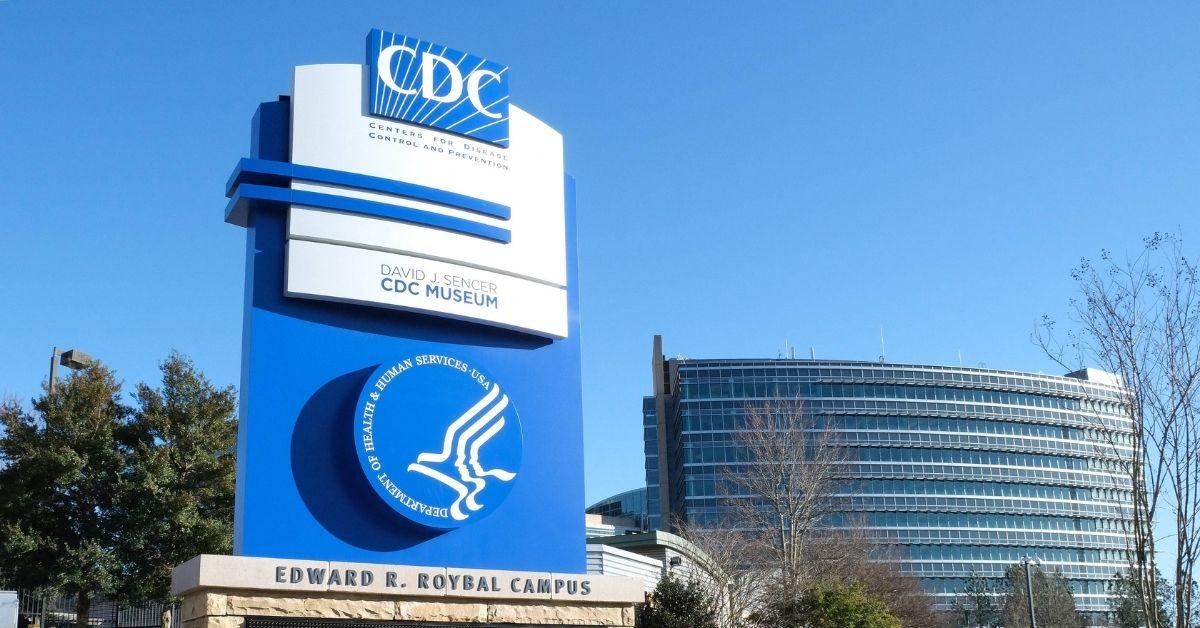
The ACIP was abruptly disbanded on June 9.
The ACIP has long advised the CDC on vaccine safety, effectiveness and rollout guidelines. Kennedy, a known vaccine skeptic, said the decision is part of a larger plan to rebuild trust in public health.
"I am committed to creating a committee that reflects the diverse perspectives and needs of the American people," he said, promising to install members who support "transparent and responsive healthcare policy."
While Kennedy did not name any replacements, he emphasized that the future committee would take a new approach to vaccine policy — one that critics say could undercut decades of medical progress.
Kennedy Jr. was previously accused of harboring a number of conspiracy theories regarding COVID-19, including that it may have been "engineered" to "target" certain races, that vaccines can cause autism and that mass shooting may be linked to certain prescription medications.
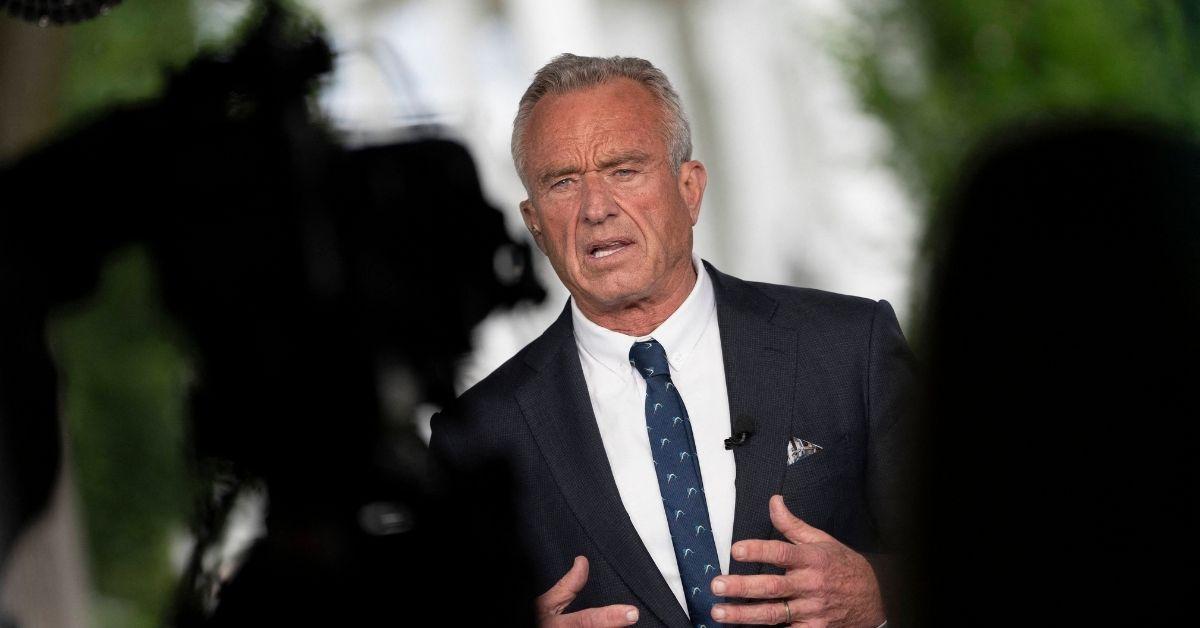
Robert F. Kennedy Jr. was a longtime vaccine skeptic.
- CDC Officials Quit and Send Dire Warning of RFK Jr.'s Damaging Takeover in the Health System
- 'He Belongs in a Padded Room': Robert F. Kennedy Jr. Ridiculed for Claiming It Was Better When 'Everybody Got Measles'
- Mandy Moore Slams 'Buffoon' Robert F. Kennedy Jr. for His 'Dangerous' Health and Vaccination Policies: 'I Hate This Timeline'
Want OK! each day? Sign up here!
Many health professionals are concerned the move could encourage misinformation and reduce confidence in vaccines.
"This dismantling undermines decades of work and could jeopardize public health nationwide," warned Dr. Sandra Goldstein, a leading immunologist.
Others echoed similar concerns, noting the committee's essential role in guiding the country during vaccine crises, such as the COVID-19 pandemic.
Public skepticism around vaccines has grown in recent years. A recent poll showed increasing doubts about vaccine safety and necessity, trends that have worried doctors and scientists. Kennedy's decision to disband ACIP comes amid this uncertainty, further fueling debate over whether the change will help or harm public health efforts.
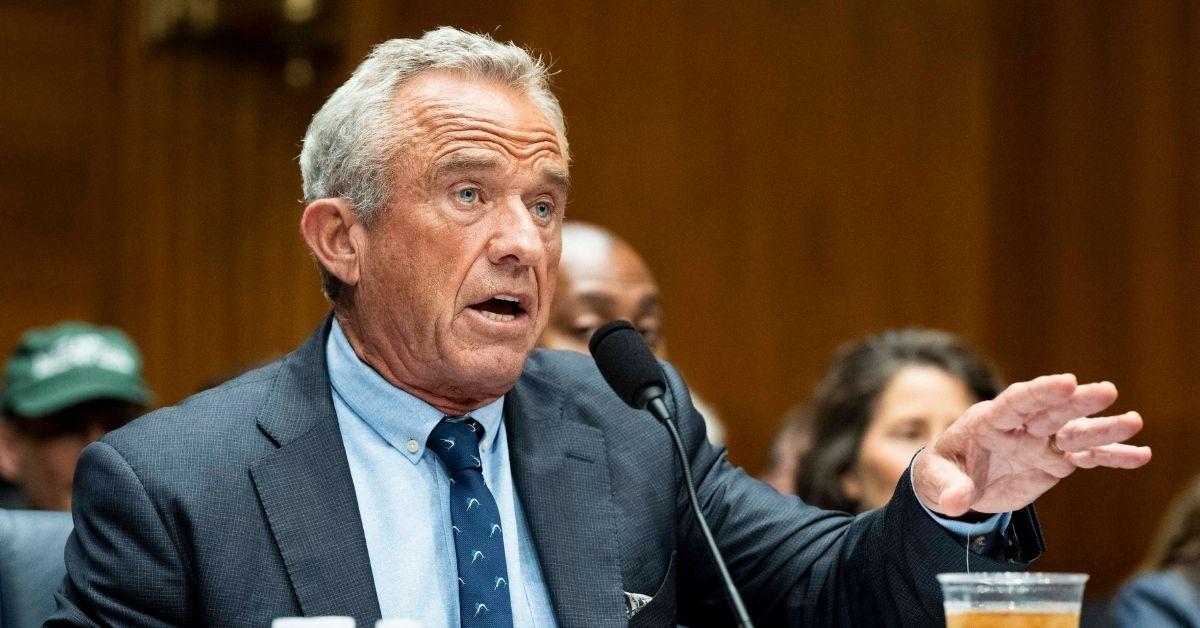
Experts were alarmed by Robert F. Kennedy's decision to wind down the CDC's vaccine arm.
Supporters of the decision say it's time for new voices in vaccine policy, especially after growing frustration with federal agencies during the pandemic.
But critics argued that Kennedy's leadership risks politicizing vaccine science. "Bringing in diverse opinions is one thing," said Dr. Goldstein, "but ignoring scientific consensus could cost lives."
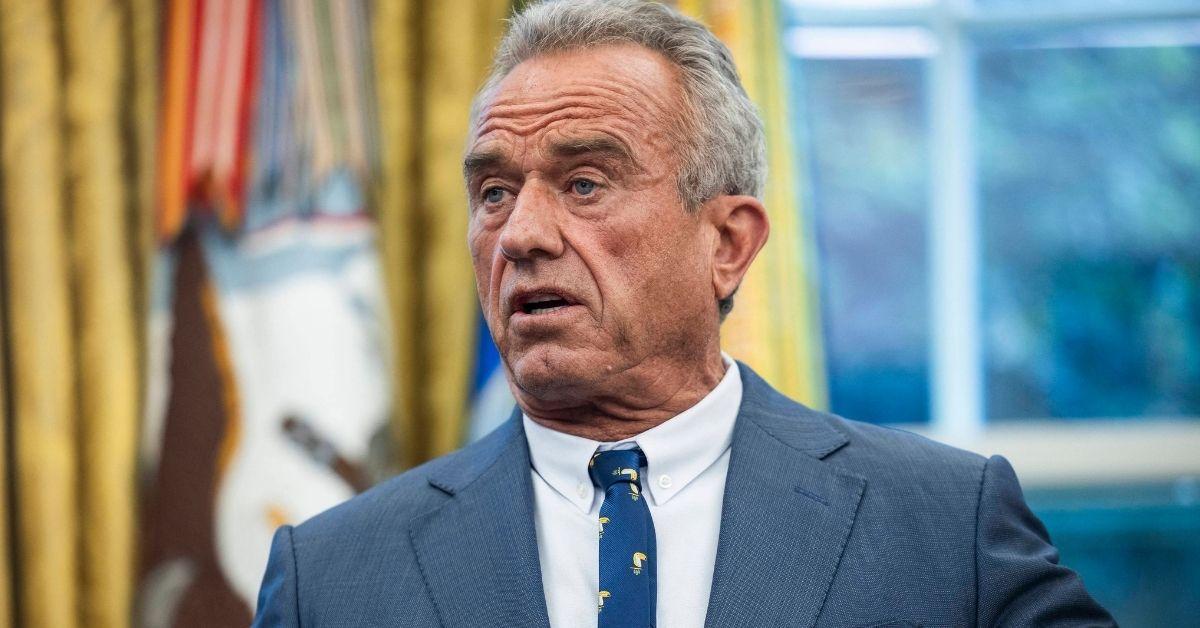
Medical experts warned that removing ACIP could fuel misinformation.
The ACIP has historically helped shape national vaccination guidelines, including those for children, the elderly and high-risk communities. Its removal signals not just a bureaucratic change, but a potentially transformative moment in U.S. healthcare governance.


